Do you still have to file a tax return if you don’t owe any tax?
Even if you do not owe the taxman any money, failure to complete and submit your tax return could result in a penalty costing you up to £1,600.

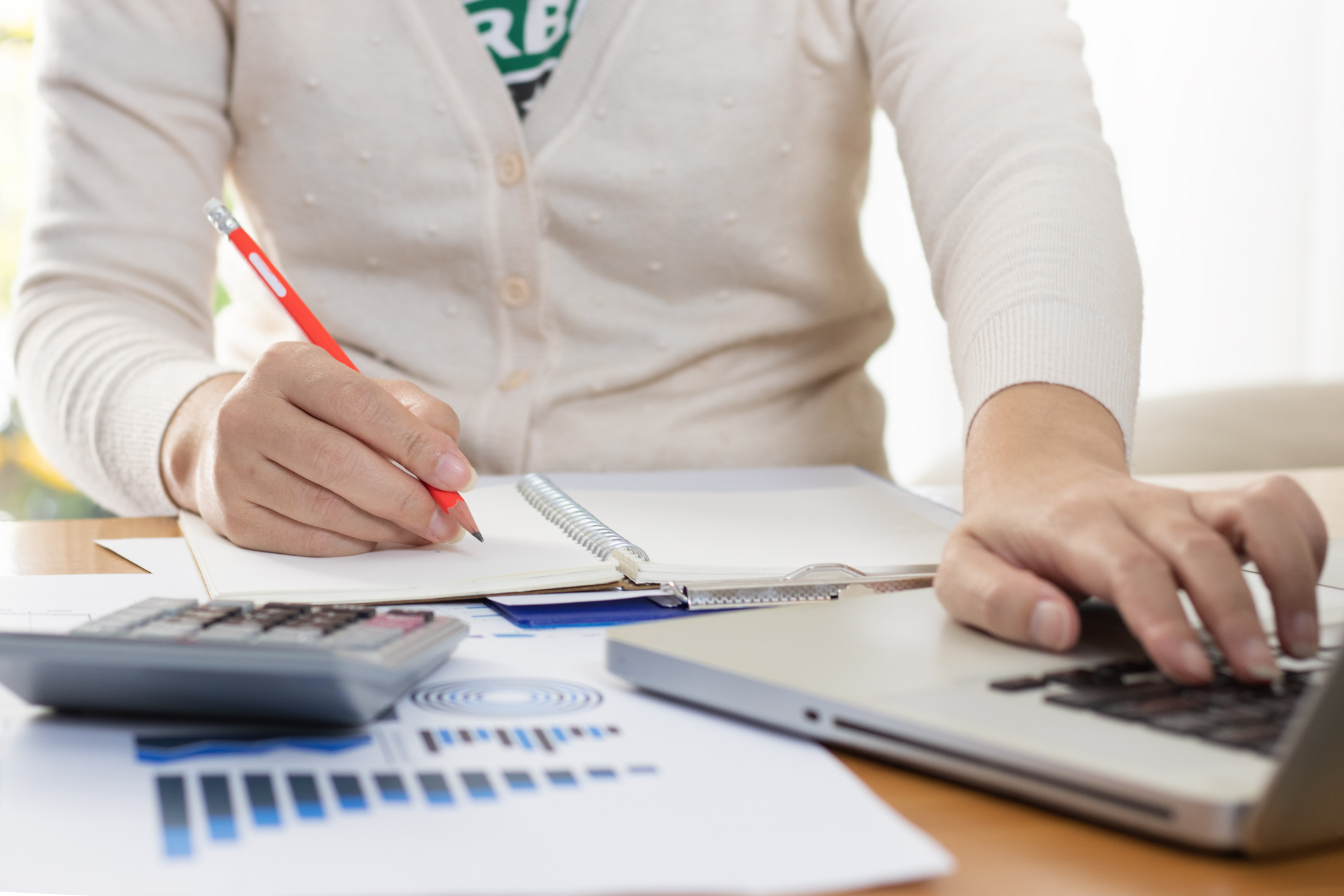
Get the latest financial news, insights and expert analysis from our award-winning MoneyWeek team, to help you understand what really matters when it comes to your finances.
You are now subscribed
Your newsletter sign-up was successful
Want to add more newsletters?

Twice daily
MoneyWeek
Get the latest financial news, insights and expert analysis from our award-winning MoneyWeek team, to help you understand what really matters when it comes to your finances.

Four times a week
Look After My Bills
Sign up to our free money-saving newsletter, filled with the latest news and expert advice to help you find the best tips and deals for managing your bills. Start saving today!
The self-assessment deadline is looming as around 5.85 million people still need to file their tax return for the 2024/25 tax year before the 31 January deadline, according to figures from HMRC on 5 January.
But some people do not realise that you still need to fill out a self-assessment tax return even if you do not owe the taxman any money.
Even if you did not earn enough money to owe tax to HMRC, anybody who earns over £1,000 from something other than payrolled work must fill out a tax return and provide their details to the taxman.
MoneyWeek
Subscribe to MoneyWeek today and get your first six magazine issues absolutely FREE

Sign up to Money Morning
Don't miss the latest investment and personal finances news, market analysis, plus money-saving tips with our free twice-daily newsletter
Don't miss the latest investment and personal finances news, market analysis, plus money-saving tips with our free twice-daily newsletter
This quirk of the tax system means that even if your total income in a given tax year falls below the £12,570 income tax personal allowance, you are still required to fill out a tax return.
Hundreds of thousands of people have already been caught out by this. Between 2018 and 2023, more than 600,000 people had to pay a fine of at least £100 for sending in their tax returns late despite owing £0 in tax.
A freedom of information request from Tax Policy Associates found it is disproportionately low-earners who bear the brunt of the impact.
Under current rules, if you did not earn enough money to owe any tax and you are late to file your tax return, you will be ordered to pay a fine of £100.
However, once the tax return filing is three months late, the fine swells by an extra £10 a day for the next 90 days (up to a maximum of £900 in addition to the original fine) for someone who owes £0 in tax.
Once the tax return is six months late, the penalty grows by a further £300. After 12 months, £300 more is added to the fine.
The way that late filing fines snowball means that a low-earner who owes nothing to the taxman but does not know or forgets to file a tax return could theoretically be fined up to £1,600 after 12 months of not acting on the late tax return. Interest is also added on top.
Dan Neidle, founder of Tax Policy Associates, called the policy “unjust” and urged the government to act and “stop the most vulnerable in society having their lives made harder by HMRC.”
He echoed calls from the Low Incomes Tax Reform Group who called on HMRC to use its powers to waive penalties for people who miss the deadline for the first time.
Neidle added that the government should go further, saying: “Nobody should face a late filing penalty when they don’t owe any tax.
“This is one tax reform that should be easy for any Labour Chancellor. The cost would be less than £6m per year.
“There would be a real benefit to some of the poorest and most vulnerable in society,” he added.
Those who believe that they have incorrectly received a penalty for filing their tax returns late are able to appeal to HMRC within 30 days of receiving the notice.
When do you have to fill out a tax return?
You are required to fill out a self-assessment tax return if you earn £1,000 or more in a tax year through any source other than PAYE employment.
This means that even if your total income is below the £12,570 tax-free personal allowance you still have to file a tax return.
You will also have to fill out a tax return if you have any untaxed income, such as rental income, tips and commission, foreign income, or income from savings and investments
If you were a partner in a business during a given tax year, had to pay capital gains tax, or you had to pay the high income child benefit charge, you will also have to submit a tax return.
If you are unsure whether or not you have to file a tax return on your level of income, the government has an online portal that helps you work out if you need to send a self-assessment tax return to HMRC.
It is also worth noting that if you have previously filed tax returns but no longer need to, for example if you used to be self-employed but are now employed by a company, you will need to notify HMRC of this.
You can do this by filling out an online form on gov.uk to close your self-assessment account and ask to be removed from self-assessment for a specific tax year.
If you do not do this before the self-assessment deadline, then HMRC is able to fine you if you do not fill out a tax return.
How to file a tax return
For those who have never done it before, filing a tax return could be intimidating. Even those who have done it for years can find completing their self-assessment tax return a daunting task.
This being said, the actual process of filing the tax return is relatively streamlined. First you register with HMRC, then gather your documents, and then complete the form, submit it, and pay your tax bill.
For more information, and a step by step guide, read our guide to how to file your tax return.
When is the tax return deadline?
The deadline to file your tax return for the 2024/25 tax year is 31 January if you plan to complete it online.
Those who wished to fill out a paper tax return have already missed the deadline, which was 31 October 2025.
Get the latest financial news, insights and expert analysis from our award-winning MoneyWeek team, to help you understand what really matters when it comes to your finances.

Daniel is a financial journalist at MoneyWeek, writing about personal finance, economics, property, politics, and investing.
He covers savings, political news and enjoys translating economic data into simple English, and explaining what it means for your wallet.
Daniel joined MoneyWeek in January 2025. He previously worked at The Economist in their Audience team and read history at Emmanuel College, Cambridge, specialising in the history of political thought.
In his free time, he likes reading, walking around Hampstead Heath, and cooking overambitious meals.
-
 Should you buy an active ETF?
Should you buy an active ETF?ETFs are often mischaracterised as passive products, but they can be a convenient way to add active management to your portfolio
-
 Power up your pension before 5 April – easy ways to save before the tax year end
Power up your pension before 5 April – easy ways to save before the tax year endWith the end of the tax year looming, pension savers currently have a window to review and maximise what’s going into their retirement funds – we look at how
-
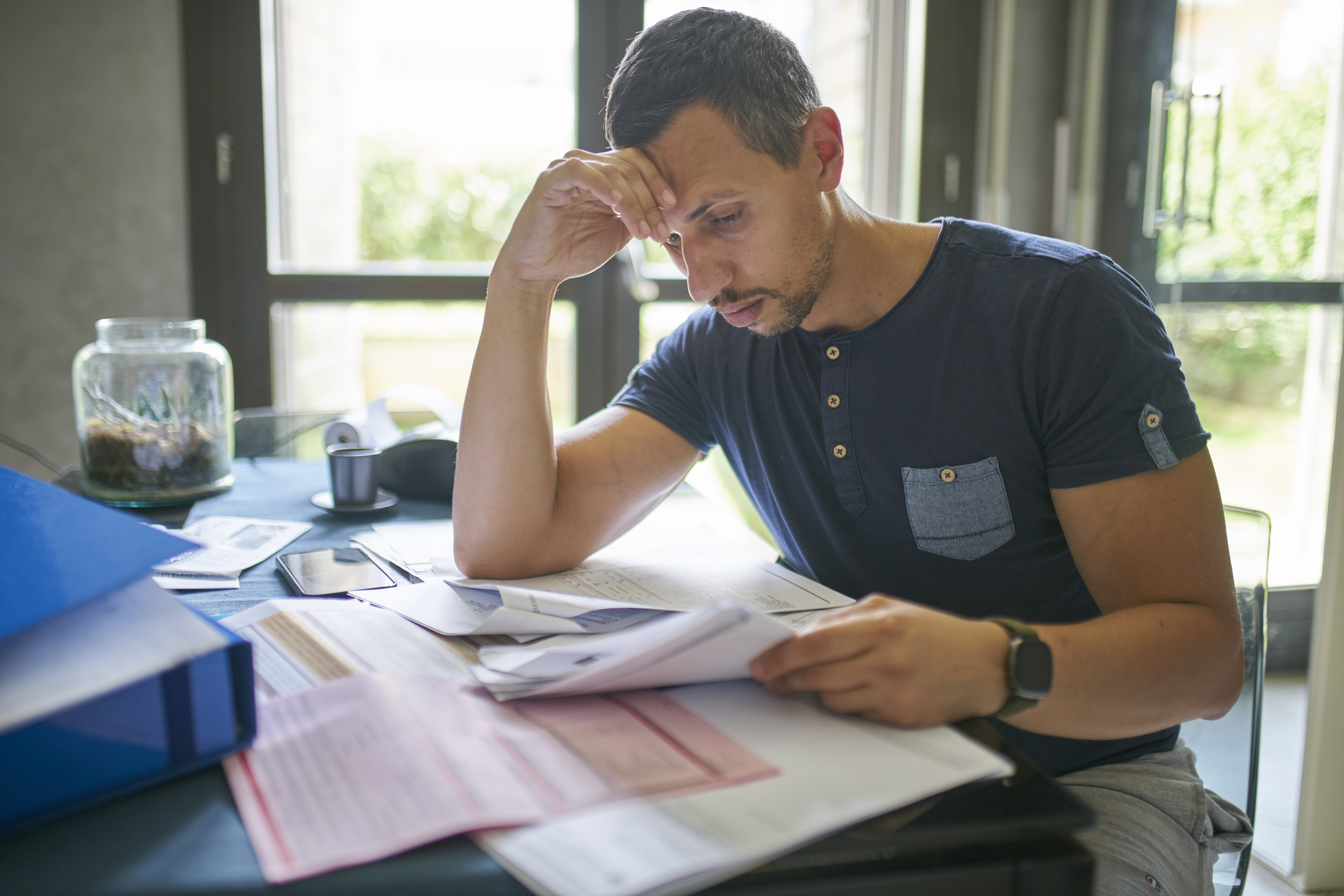 Two million taxpayers to be hit by £100k tax trap by 2026/27
Two million taxpayers to be hit by £100k tax trap by 2026/27Frozen thresholds mean more people than ever are set to pay an effective income tax rate of 60% as their earnings increase beyond £100,000. We look at why, as well as how you can avoid being caught in the trap.
-
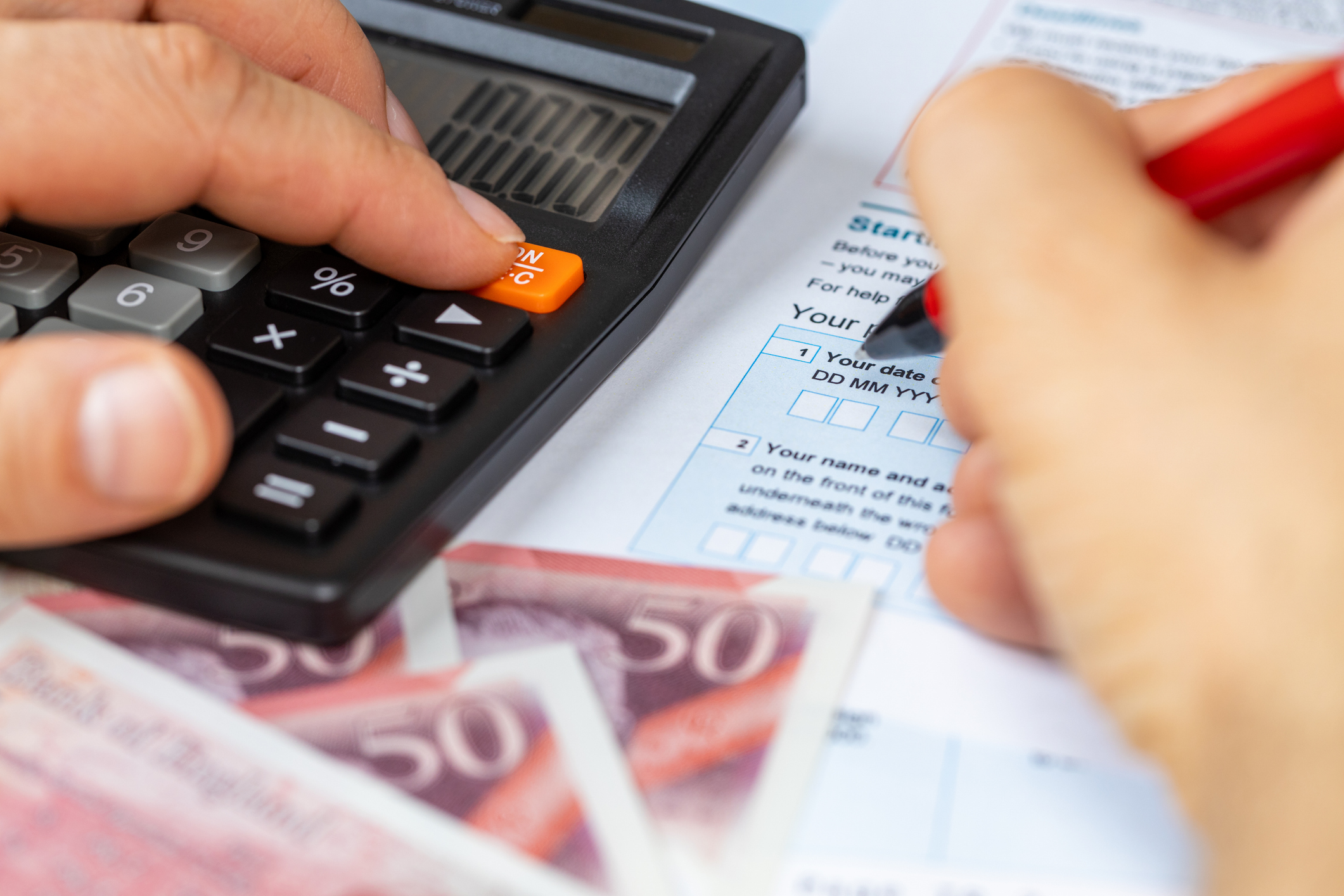 13 tax changes in 2026 – which taxes are going up?
13 tax changes in 2026 – which taxes are going up?As 2026 gets underway, we look at what lies ahead in terms of changes to tax rates and allowances this year and how it will affect you.
-
 How to limit how much of your Christmas bonus goes to the taxman
How to limit how much of your Christmas bonus goes to the taxmanIt's Christmas bonus season but the boosted pay packet may mean much of your hard-earned reward ends up with HMRC instead of in your pocket
-
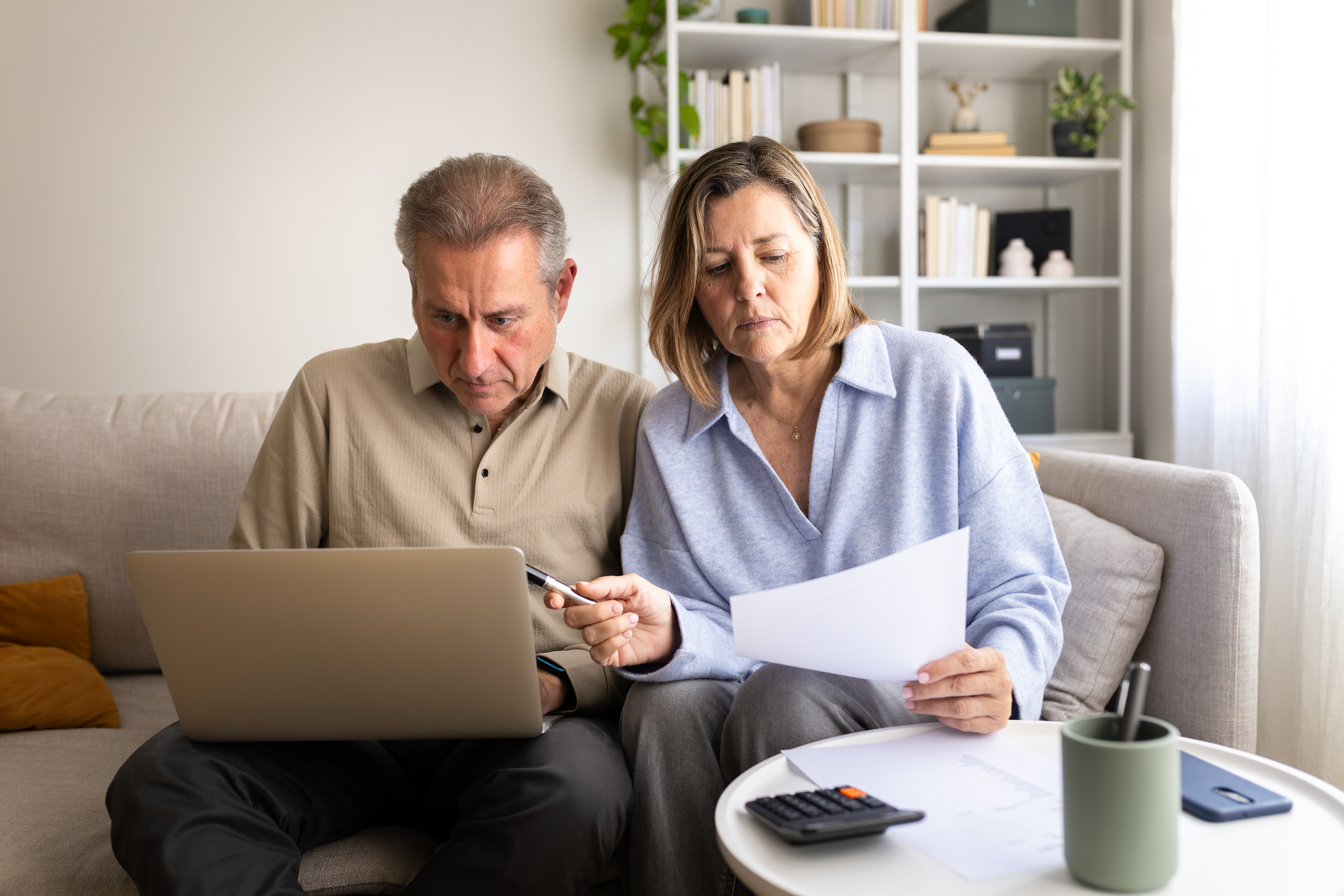 Over 1 million pay 45% rate of income tax as fiscal drag bites
Over 1 million pay 45% rate of income tax as fiscal drag bitesHundreds of thousands more people are being pushed into the additional rate tax band by fiscal drag
-
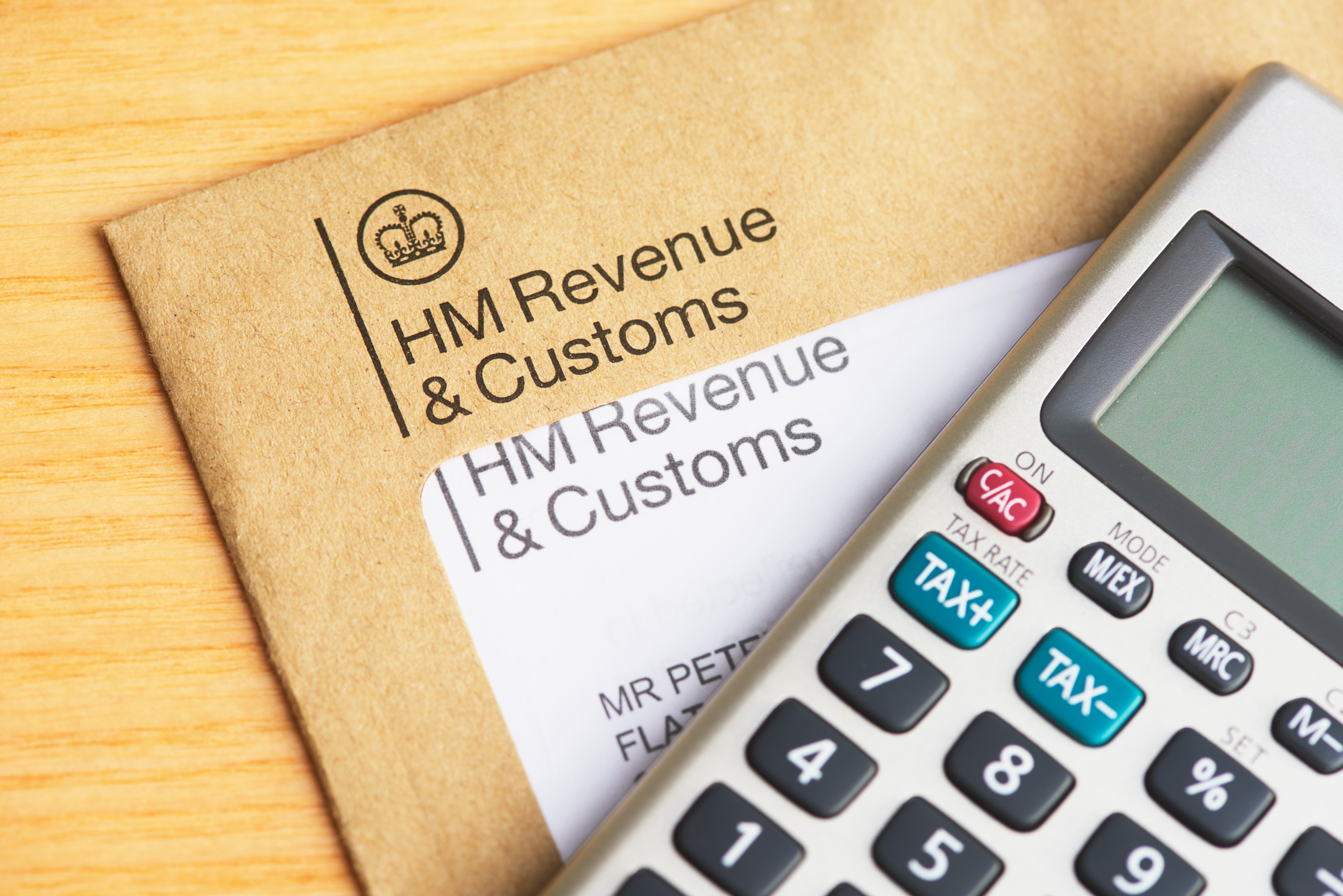 'I've used my annual ISA allowance. How can I shield my savings from tax?'
'I've used my annual ISA allowance. How can I shield my savings from tax?'As millions face paying tax on savings interest, we explore how to protect your money from the taxman. If you've used up your ISA allowance, we look at the other tax-efficient options.
-
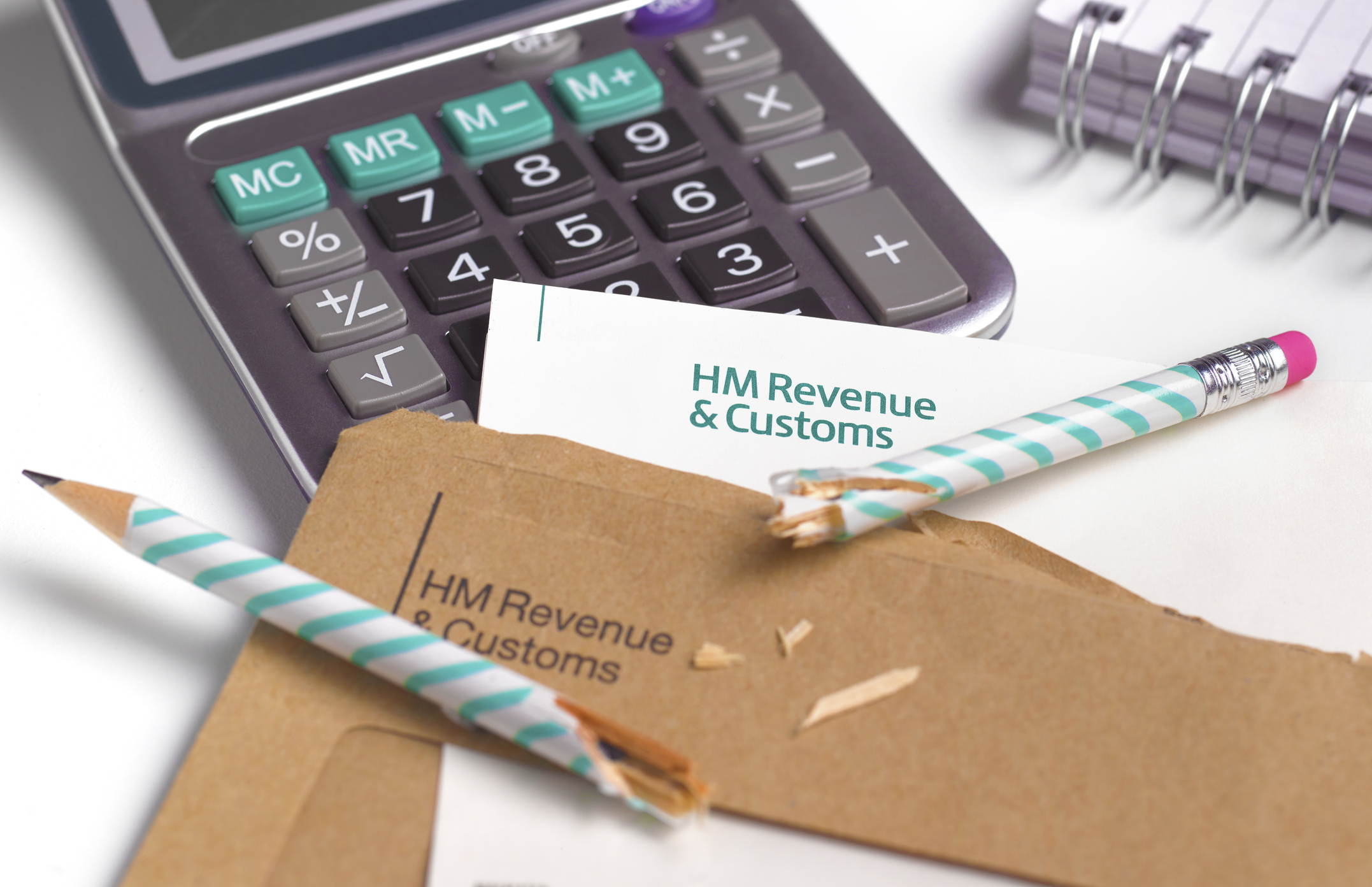 Simple assessment explained as millions brace for unexpected tax bills
Simple assessment explained as millions brace for unexpected tax billsIncreasing numbers of people could get letters from HMRC saying they owe more tax due to frozen thresholds, under a system known as simple assessment. Here is what it means for you.
-
 What are wealth taxes and would they work in Britain?
What are wealth taxes and would they work in Britain?The Treasury is short of cash and mulling over how it can get its hands on more money to plug the gap. Could wealth taxes do the trick?
-
 When is the self-assessment tax return deadline?
When is the self-assessment tax return deadline?If you are self-employed, rent out a property or earn income from savings or investments, you may need to complete a self-assessment tax return. We run through the deadlines you need to know about